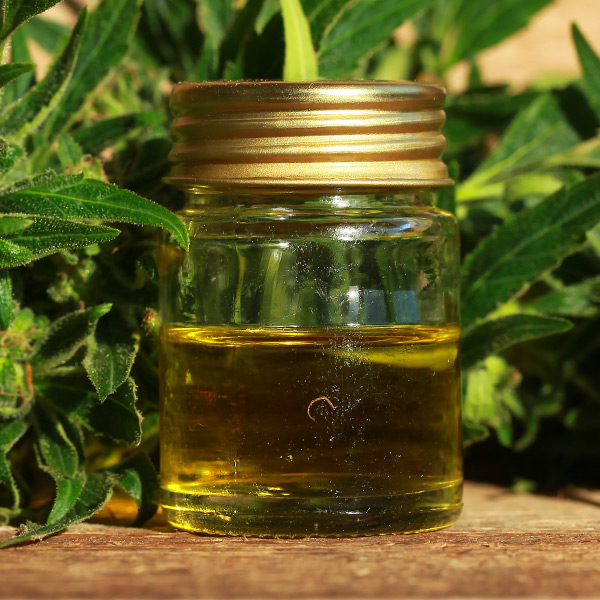CBD for IBD Treatment: What You Need to Know
We support the application of your medical marijuana card and help you benefit from the medicinal properties of CBD. Get your medical marijuana card and access CBD for Irritable Bowel Disease (IBD) treatment through our support at Compassionate Certification Centers. To get started, give us a call on 888-316-9085 or complete our online form!
If you are living with Inflammatory Bowel Disease (IBD), the symptoms you may experience can have a significant impact, not only on your health but your quality of life as well.
The good news is that in recent years, medical marijuana, or more specifically, cannabidiol (CBD)—a chemical compound found in the cannabis sativa plant—has emerged as a potential way to alleviate the symptoms of IBD. While there has been limited research on the effectiveness of CBD as a treatment for IBD, what has been reported so far is that CBD may have therapeutic qualities and can relieve symptoms ranging from abdominal pain to sudden IBD flare-ups.
Why CBD for Inflammatory Bowel Disease (IBD)?
Our bodies have a network of receptors and enzymes called the endocannabinoid system (ECS), which interact with endocannabinoids—a type of cannabinoid produced by our bodies—and regulate pain, appetite, memory, and mood. The ECS is the link between the gut and the enteric nervous system and regulates inflammation and digestion.
If you suffer from IBD, your ability to produce endocannabinoids may be compromised, weakening the ECS, which, in turn, triggers IBD symptoms.
CBD supplements, however, bind to the endocannabinoid receptors and strengthen the endocannabinoid system, potentially alleviating these symptoms.

Is CBD a safe treatment for IBD?
While CBD is extracted from the cannabis plant, it has no psychoactive properties like tetrahydrocannabinol (THC), which can cause certain side effects, including the ‘high’ recreational users report. Moreover, CBD has many therapeutic properties and is generally considered safe for medical use.
In administering it, however, it’s important to be aware of limited but potential side effects including:
- Nausea
- Fatigue
- Irritability
- Changes in appetite
- Changes in weight
Another important factor to keep in mind is that CBD is not a replacement for traditional IBD treatments and should be used only as a supplement, under medical guidance, to improve the symptoms you may be experiencing.

Where do we fit in?
In the USA, you need to hold a certified medical marijuana card if you want to access CBD to treat symptoms of IBD.
At Compassionate Certification Centers, our primary goal is to help you acquire your certified medical marijuana card from a licensed doctor and to give you the opportunity to understand more about CBD as a supplementary treatment option.
Contact us on 888-316-9085 to begin the process of obtaining your card. We also offer a range of other services, including:
- Allergy testing and immunotherapy treatment
- CBD consultations
- Endocannabinoid DNA testing
- MMJ certification and recertification
- Naturopathic medical support
- Nutritional services
Frequently Asked Questions
Can I use CBD to treat Crohn’s disease?
Crohn’s disease is one of two types of inflammatory bowel diseases and can cause inflammation in the wall of the small intestine.
A recent study found that when taken in pill form, CBD may help relieve some of its symptoms. That said, due to a lack of clinical evidence, CBD is not authorized as an alternative treatment for Crohn’s disease.
What are the different forms of CBD I can use to relieve IBD symptoms?
You can use several forms of CBD If you are looking to use CBD for IBD relief. These include:
- Pills and capsules
- Vapes
- Edibles
- Oils and tinctures
Does CBD make me high?
Unlike other forms of cannabinoids, like THC, that have psychoactive properties and that lead to the ‘high’ that recreational users report, CBD has no psychoactive properties.
That said, commercially available CBD products are not strictly regulated by the FDA and may contain traces of THC.
How long does CBD stay in my body?
CBD usually stays in the bloodstream for two to five days but in certain instances, it may remain there for a longer period.
